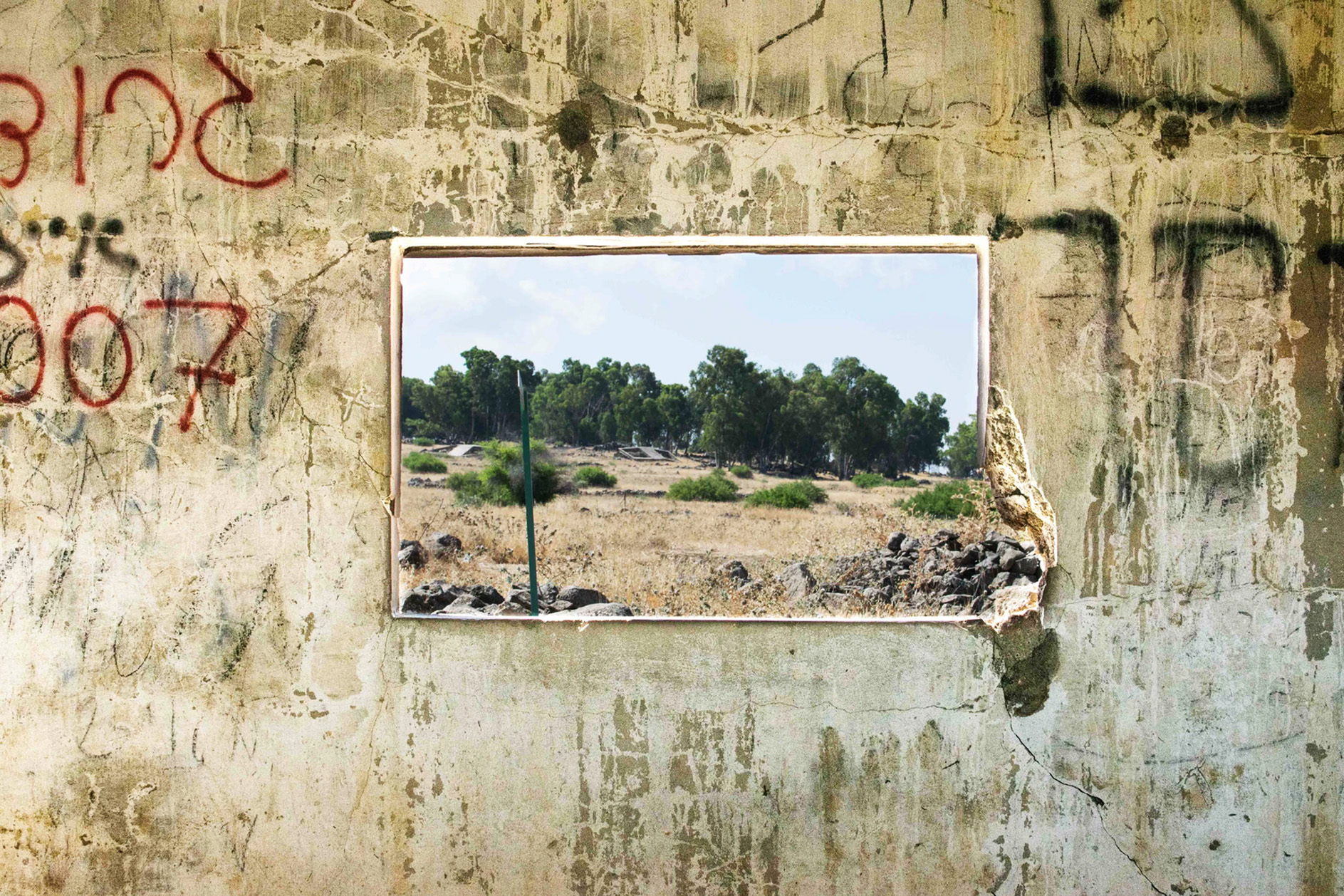This article is part of the ongoing “Diaspora English” series, as Daniel Crasnow reports on a year spent teaching English as an American Jew in Israel and Palestine during the coronavirus pandemic. You can read other Diaspora English articles here.
How do I write about Israel right now, much less my position and job teaching English here? Do I focus on the rockets hitting Tel Aviv, and the schools that are closing because of them? Do I focus on the protests in Nazareth, and the tension that all of this has caused among my apartment as rumors abound in the tiny Jewish suburb outside of Nazareth in which I live? Do I focus on how all of this has come to pass— the moment slowly building until we reached this peak? Do I talk about my friends in Nazareth— themselves scared or angry, and how they are reacting to this moment? Do I talk about my Jewish companions and friends, some of them falling towards anti-Arab racism in order to explain all of this? Or do I focus on myself— my thoughts, fears, and determinations?
Right now, after five months of teaching English in Tel Aviv, and another three months of teaching in Nazareth as part of the MASA Teaching Fellows Program, I’m not actually in Nazareth. When the tension began, my apartment and I fled to Kibbutz Yagur, a large Kibbutz close to Haifa, and about an hour away from our Nazareth home. The place is beautiful, and filled with a few different groups including an old-person’s home, a group of Russian families, and an intensive Ulpan program for young adults,most of them around my age,who are making aliyah. We’ve been added as honorary members to this Ulpan group for the time being.
The place is beautiful, and though we still see the tensions on the news and discuss it often, the rockets and protests are a distant thing here. The other night, the Kibbutz hosted a beautiful outdoor event for Shavuot. There was food and music, and I made a flower crown. That morning, my apartment had a barbecue with some Kibbutz friends, where we ate chicken, sausages, and hamburgers beneath a clear blue sky and an Israeli flag.
To be frank, a part of me hates being here. In Tel Aviv, rocket attacks continue to drive a bustling city into bunkers day and night. School is moving online for safety’s sake. In Haifa, Lod, and beyond, mobs of angry citizens continue to terrorize each other as the cities themselves are rocked by protest. And in Nazareth, the protests grow more and more intense by the day. All of this is a part of Israel too, and I want to experience it as safely as I can. It has been a long time since I have felt so privileged— to get to sit at this Kibbutz and have a barbecue in this moment, of all times.
Today I was supposed to teach until a day ago when The High Follow-Up Committee for Arab Citizens of Israel, “declared a general strike and associated demonstrations in Arab communities across Israel” for the day. That means that although teachers technically continue to work, no students are expected to come to school, and thus I am not needed. I am not sure what tomorrow looks like— in this type of situation, things change every minute, and I am along for the ride just as most others are.
At the moment, my attention remains focused on what I know, and what I know is this:
I am an English teacher in Nazareth. That is who I am right now, and that is what I do. So unless I am forced to do otherwise, I plan on going back to school when school opens, and I plan on teaching my kids all the English I can with the month and a half of school time we have left, protests or no.
Will I be harassed? Maybe. Will I be attacked? Maybe. But I see no way in which that is different than any other day here in Israel or, for that matter, anywhere else in the world.
As my father always says: Head down. Eyes forward. Keep moving. You have a job to do.
I have a job to do.
The author has included the following link to Mossawa, an advocacy organization that is keeping a semi-comprehensive list of Arab-Israeli complaints against the Israeli government with regards to the buildup to this current moment. They are also keeping a comprehensive list of anti-Arab attacks in Israel right now, as part of this tension. You can find that resource here.

